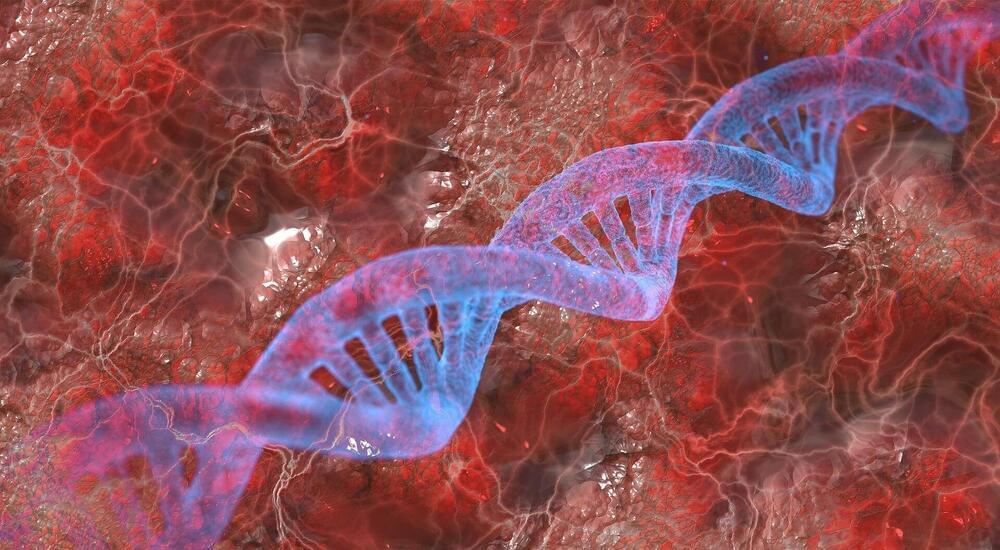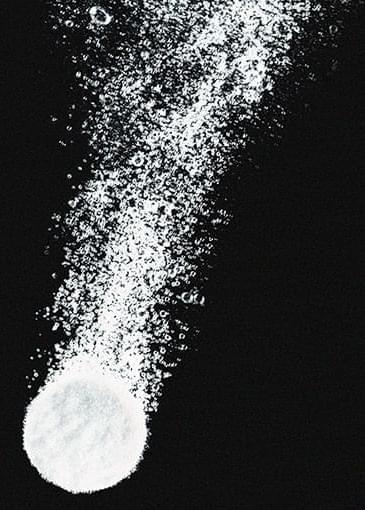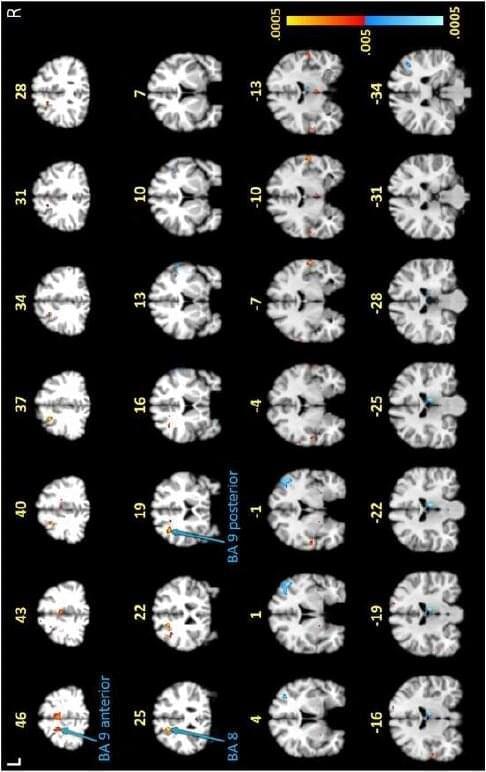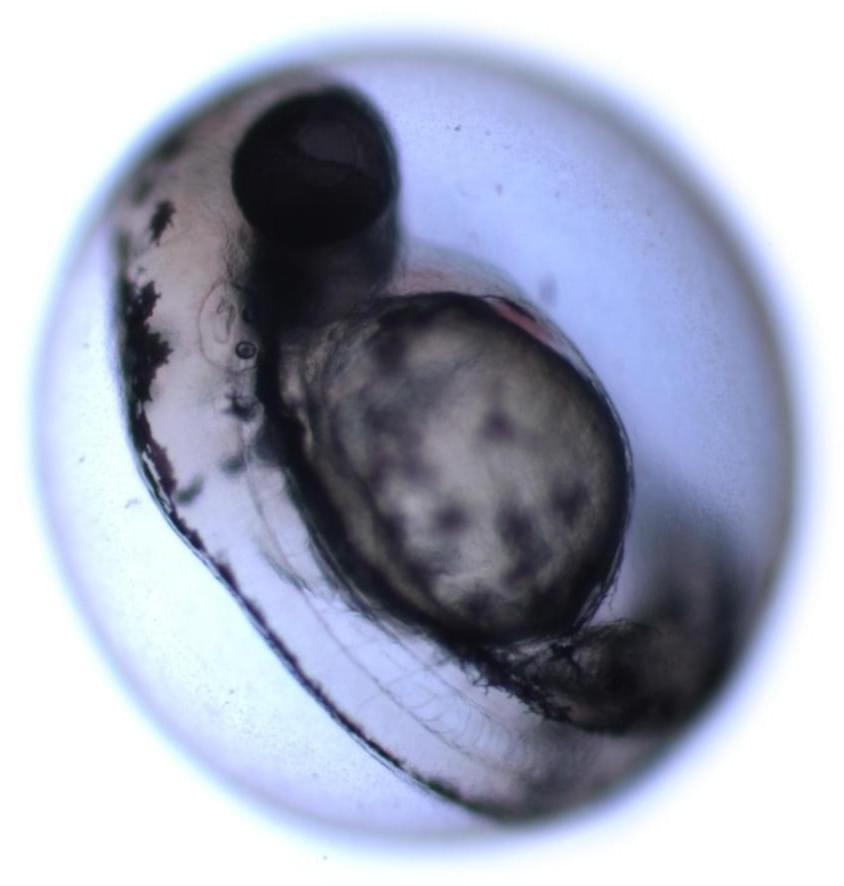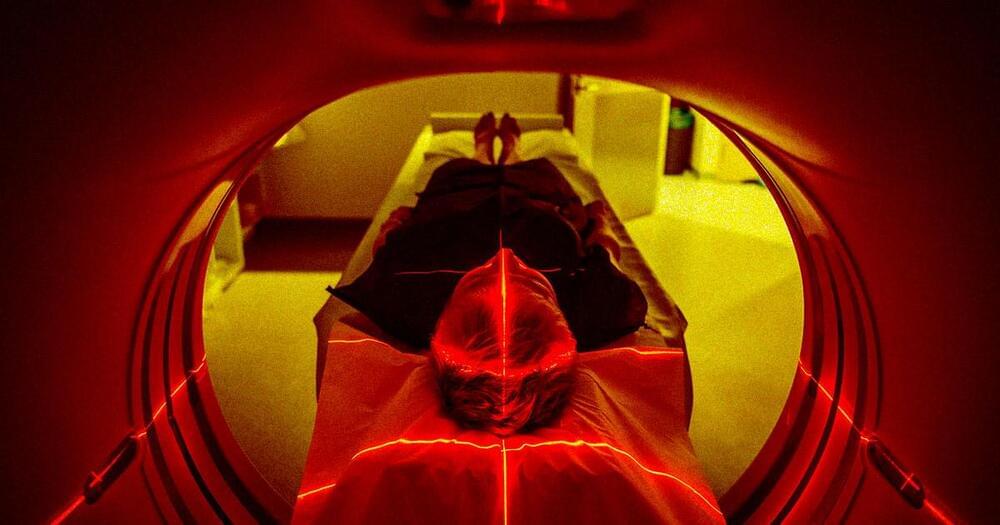Viral DNA in human genomes, embedded there from ancient infections, serves as antivirals that protect human cells against certain present-day viruses, according to new research.
The paper, “Evolution and Antiviral Activity of a Human Protein of Retroviral Origin,” published Oct. 28 in Science, provides proof of principle of this effect.
Previous studies have shown that fragments of ancient viral DNA—called endogenous retroviruses —in the genomes of mice, chickens, cats and sheep provide immunity against modern viruses that originate outside the body by blocking them from entering host cells. Though this study was conducted with human cells in culture in the lab, it shows that the antiviral effect of endogenous retroviruses likely also exists for humans.
